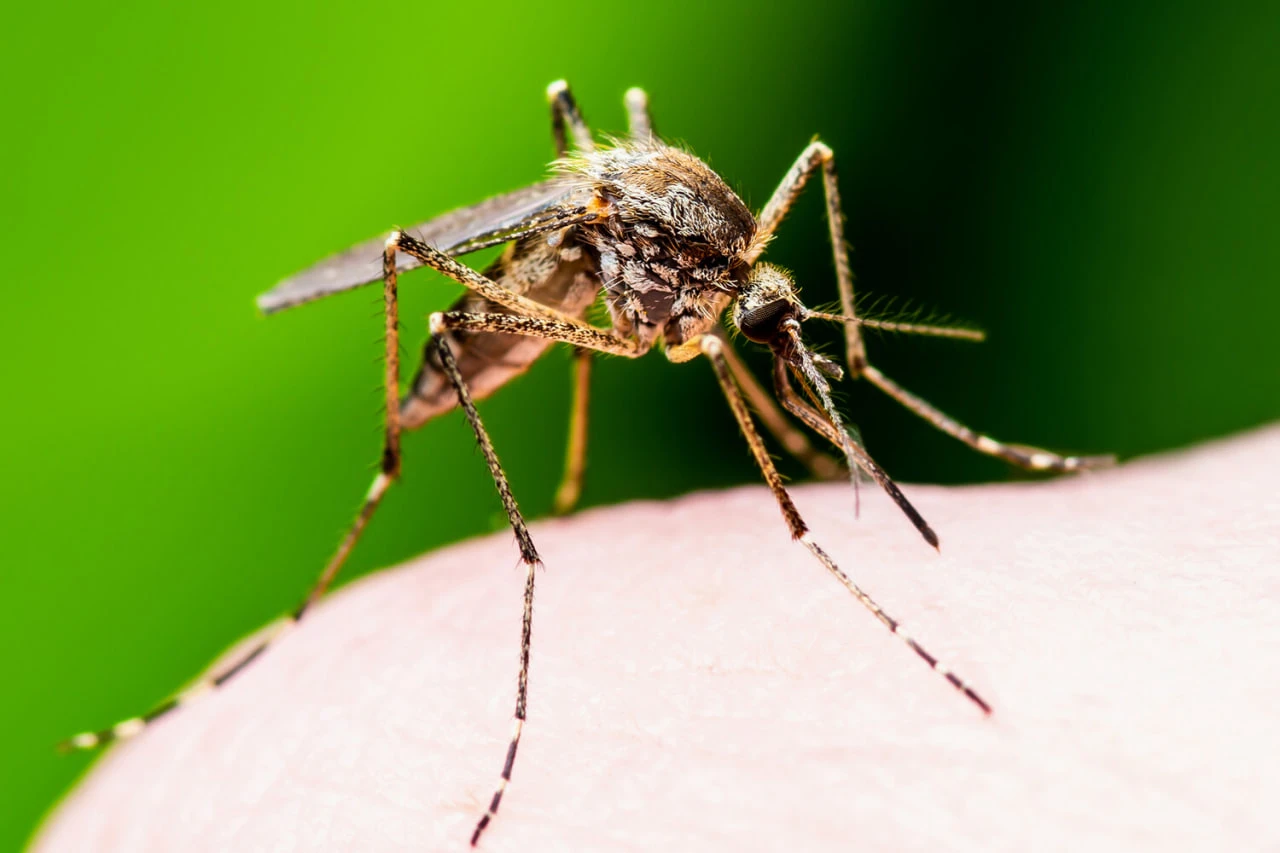Scientists at the ASTAR Infectious Diseases Laboratory (ASTAR IDL, Singapore) have found that mosquito saliva alters the human immune response to chikungunya virus infection. The results were published in the journal Nature Communications (NatCom).
The researchers investigated the functions of the salivary peptide sialokinin secreted during the bite of the Aedes mosquito. The results showed that sialokinin interacts with neurokinin receptors on human immune cells and temporarily suppresses the inflammatory response. This effect allows chikungunya virus (CHIKV) to spread more rapidly in tissues during the early stages of infection.
According to scientists, this mechanism makes it possible to develop new anti-virus strategies. Targeting sialokinin or its interaction with receptors may provide the basis for therapies that can control excessive inflammation and improve outcomes in arbovirus infections.
Arboviruses are a group of infectious diseases transmitted by blood-sucking arthropods. These include tick-borne encephalitis, West Nile fever, and dengue fever.
"Mosquito salivary gland proteins are not just a way to spread the virus. They are active molecules that modulate human immunity. Our understanding of these interactions paves the way for targeted interventions that reduce disease severity," the authors note.
Preliminary clinical models have also shown that patients with more severe chikungunya fever have elevated levels of sialokinin antibodies, supporting a role for the peptide in pathogenesis.
Translation:Euromedia24.com-in:


























